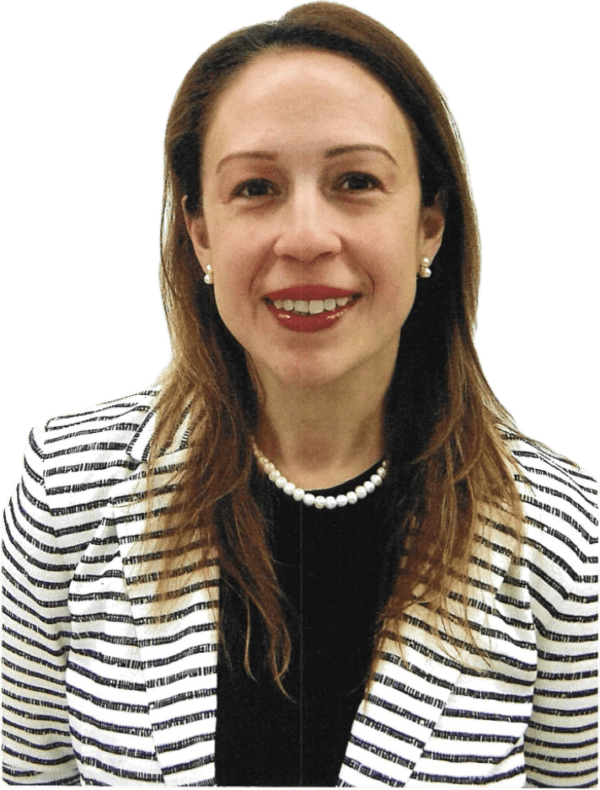“We are not merely teaching”
Maria Paola Carrion, Early Childhood Guide at Alexander Graham Bell Montessori School (AGBMS) in Wheeling, IL, has been inducted into Marquis Who’s Who Emerging Leaders.
You work with children who are deaf and hard of hearing. How did you begin working with that population, and what have you learned along the way? I began working with children who are deaf and hard of hearing because I’ve always had a passion to work and support students in many different areas of their development journey. My AGBMS journey started as a classroom assistant in where I had the opportunity to observe and assist an inclusion classroom. That experience opened my heart and mind to the world of deaf education and the unique ways these students connect, express, and learn, surrounded by care and love.
In Alexander Graham Bell Montessori School we use cued speech as an efficient visual method to communicate with our deaf and hard of hearing students. Also, we believe that collaboration is key and working closely with interpreters, audiologists, speech-language pathologists and families helps us create a supportive, student-centered learning environment. Overall, I feel incredibly grateful to be part of a field that not only teaches students but also to learn from them every day while shaping me to be a more empathetic, flexible, and intentional educator.
How did your practice in teaching change since you became Montessori certified in 2016? Since earning Montessori certification in 2016, I’ve transitioned from a teacher-directed style to a child-centered philosophy that respects each child’s individuality, pace, and potential. I have developed a practice of trusting the child in the learning process. I provide guidance, modelling, and facilitation without hastening or dominating the learning experience. This approach has significantly enhanced my students’ independence, curiosity, and intrinsic motivation. Becoming Montessori certified in 2016 transformed my teaching and my perspective on children. I now view them as capable learners driven by an inner motivation. Every day, I am privileged to support their journey with respect, patience, and purpose.
How did you react to being inducted into the Marquis Emerging Leaders list for 2025? Upon receiving the news of my induction into the Marquis Emerging Leaders List for 2025, I felt deeply honored. This recognition prompted a moment of reflection on the students, families, and colleagues who have significantly influenced my journey and motivated me to lead with compassion, creativity, and purpose. Being named an Emerging Leader emphasizes the importance of leadership in the classroom. It highlights how nurturing, empowering, and believing in students, mentoring others, and creating spaces where every child feels seen, heard, and capable of success are critical aspects of educational leadership.
This recognition highlights the efforts of educators who consistently dedicate themselves to their roles—particularly those who support English Language Learners, children with diverse abilities, and advocate for inclusive education.
How do you see education evolving over the next 20 years? Over the next 20 years, I believe education is expected to become more personalized, inclusive, and globally connected. As society, technology, and student needs continue to change, the methods of teaching and learning are likely to adapt accordingly.
Classrooms may increasingly reflect and accommodate the diversity of the world. Educators could integrate students’ languages, cultures, and identities into instruction. Equity might become a fundamental part rather than just a concept. Teachers may take on roles as curriculum designers, tech integrators, and mentors—continuously evolving and learning alongside their students. Professional development is anticipated to be ongoing, flexible, and collaborative. Overall, the core principles of education, such as relationships, trust, and belief in every child’s potential, are expected to remain. However, the approach to reaching each learner will likely transform in ways that are innovative, empowering, and centered around human development.
What else would you like to add? I would like to conclude with a phrase that highlights the importance of our daily work–The future of education holds promise due to the commitment and innovative efforts of educators. We are not merely teaching; we are playing a crucial role in shaping a better tomorrow and positively influencing each child’s future.

Leave a Reply